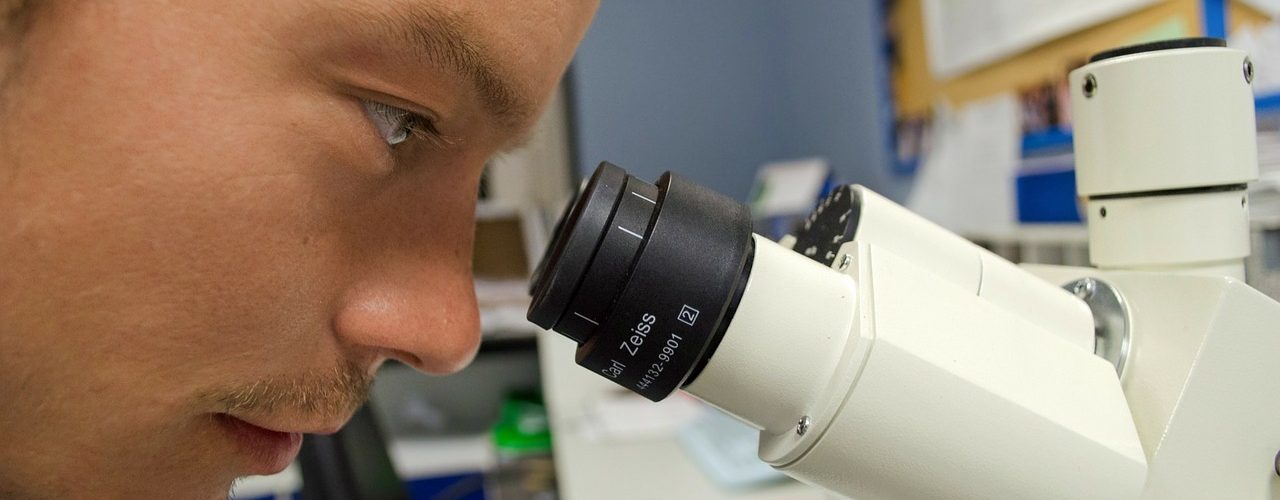The bioscience market in Arizona continues to see an increase in employment, newly established startups, investments, and overall interest. Since 2015, employment in the life science industry has grown by nine percent, more than twice that of the United States, according to AZBio. Earlier this year, the Flinn Foundation pumped $1 million in funding support for Arizona bioscience startup companies, opening up its 2019 Bioscience Entrepreneurship Program.
Programs like these are catching fire in a growing industry in the state as another bioscience-based entrepreneurship program is seeing expansion.
The Center for Entrepreneurial Innovation (CEI) is heading to downtown Phoenix with a $1.9 million professional development center specifically made to foster the future workforce for Arizona’s biotech and life science careers. Opening in the fall of 2020, CEI LabForce will take up space in the Wexford Science and Technology building at Arizona State University. This is CEI’s second location in the Greater Phoenix area.
“Making sure that the existing workforce has access to the latest training on technological innovations and the regulatory environment is critical for the advancement of Arizona’s biotech and life science industries. That’s why CEI started LabForce, a workforce development initiative specifically designed to support these growing sectors,” CEI’s executive director, Tom Schumann said.
According to Schumann, the new incubator will open its doors to host workshops and lab training for everyone from lab technicians, scientists, executive teams, and quality systems managers in the industry. The workshops can be on-site and hands-on, or be participated in virtually through online courses. More than 400 industry-related courses, such as lab science, quality assurance, and regulatory compliance, will be offered in the 6,500-square-foot biotech incubator, which will also house a validation lab where startups and early-stage companies can gain commercial potential assessments of their work.
CEI opened its first location at GateWay Community College in 2013, attaching itself to the school’s exposure to entrepreneurs, business leaders, and industry makers. It’s at the first location where students and professionals are able to access services like rapid prototyping and 3D printing.
On a bi-weekly basis, CEI hosts VentureStack, a place where founders of companies and industry-specific business leaders come together and share feedback and ideas. And then there’s the Big Pitch, an annual event every spring that opens the floor for students from all Maricopa Community Colleges to participate in a week-long workshop that ends in a pitch competition.
At the new location, members will take their part in a 16-week customer discovery and product validation curriculum that also throws in healthy amounts of marketing research and industry report access. This helps them assess the size of the market. Instructors and trainers from Arizona State University, Maricopa Community Colleges, and other third-parties will be contracted at the site, helping to bring their expertise to the workshops.
“After working with dozens of startups at CEI, we’ve seen how important business and technology validation is to the success of the company; launching without a clear understanding of the market can cause huge hurdles in the long run, so we want to help founders make smart decisions from the start,” Schumann said.
CEI’s second location will also house the Validation Lab, a program that is specifically designed for early-stage technology founders. The Validation Lab curriculum is built to support entrepreneurs through a detailed customer discovery and market research process. The goal is to help them ensure a good product/market fit for their ideas before they invest a great deal of time and money in a new venture.
“Because we’re working with innovators at such an early stage we envision the Validation Lab becoming the entry-point for entrepreneurs to build a strong foundation, and then move on to CEI’s incubator or work with other support organizations in the Arizona startup ecosystem as they progress,” Schumann said.
















Add comment